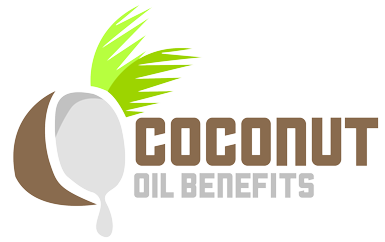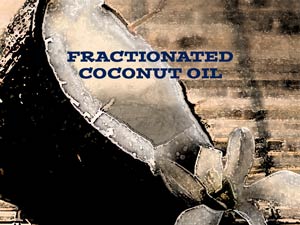Coconut oil has been in use by mankind for many years now. It is extracted from the nut of coconut palm and has been a popular and versatile oil among tropical cultures across the world. It has not only been used as a cooking medium but also as a moisturizer, medicinal tool and a base for cosmetics. The fact that coconut oil has fatty acid composition makes it different from other oils by giving it more resistance against spoilage; however, it does spoil after a certain time and is not completely immune to damage.
How Long Does Coconut Oil Last?
The shelf life of coconut oil is a function of the refining method and its brand. According to studies, odorless coconut oil will last for approximately 18 months before it shows any signs of going bad. Such long shelf life is due to the fact that coconut oil contains antimicrobial properties and that it does not oxidize easily. Coconut oil produced from wet milling process will be more resistant to spoilage due to the presence of antioxidants in it that guard it against spoilage. Such oil may last for several years before it shows any signs of spoilage. However, it is wise to remember that since coconut oil does contain some portions of unsaturated fats, it is not entirely damage resistant. The shelf life of coconut oil can be increased by storing it away from light or by refrigerating or freezing it after the container has been opened.
One thing that can decrease the shelf life of coconut oil is contamination with food crumbs that accidentally drop into the jar at the time of cooking. This happens because the food that has contaminated the oil is not stable and is prone to fermentation. It is wise to use a clean spoon every time you dip a spoon in the jar. It is best not to take a chance and discard any coconut oil that has changed its color or smells bad.
Why Does Coconut Oil Not Go Bad?
The secret behind coconut oil’s such high resistance to damage lies in its molecular structure. Coconut oil is mainly composed of saturated fats in the form of medium chain fatty acids. Although these chains lack double carbon bonds like all saturated fats, these chains of fatty acids are shorter in length as compared to chains found in saturated fats found in dairy and meat. On the contrary, other oils such as corn oil and soybean oil contain high percentage of polyunsaturated fatty acids having double bonds in their structure and thus they have a tendency to breakdown faster than saturated ones leading to a comparatively higher shelf life of coconut oil.
How to Identify Spoiled Coconut Oil?
As already mentioned coconut oil has not tasted the “elixir of life” and is therefore prone to damage sooner or later. Spoiled coconut oil can be identified from signs of growing mold, odor and taste. It is recommended to throw away any such oil that gives the slightest indications of damage weather due to appearance of mold, bad odor or poor taste.
In a nutshell, coconut oil may last for long if stored properly. However, if it gets contaminated or if it has been stored for a very long time (5-6 years), it does go bad and in such cases it is better to be safe by discarding it than being sorry by using it.



